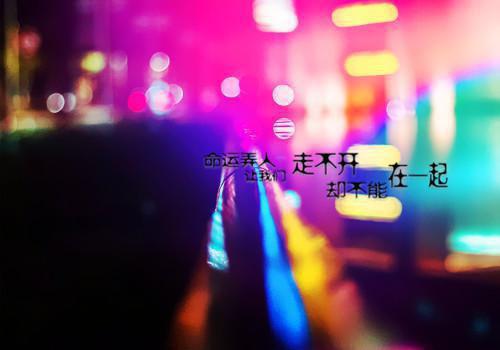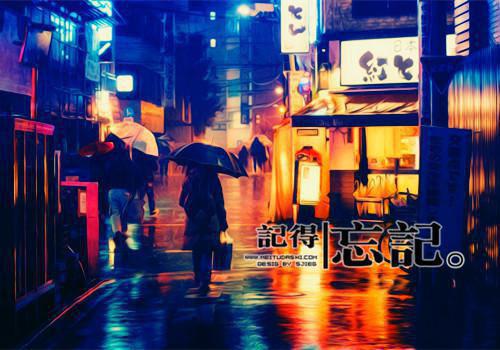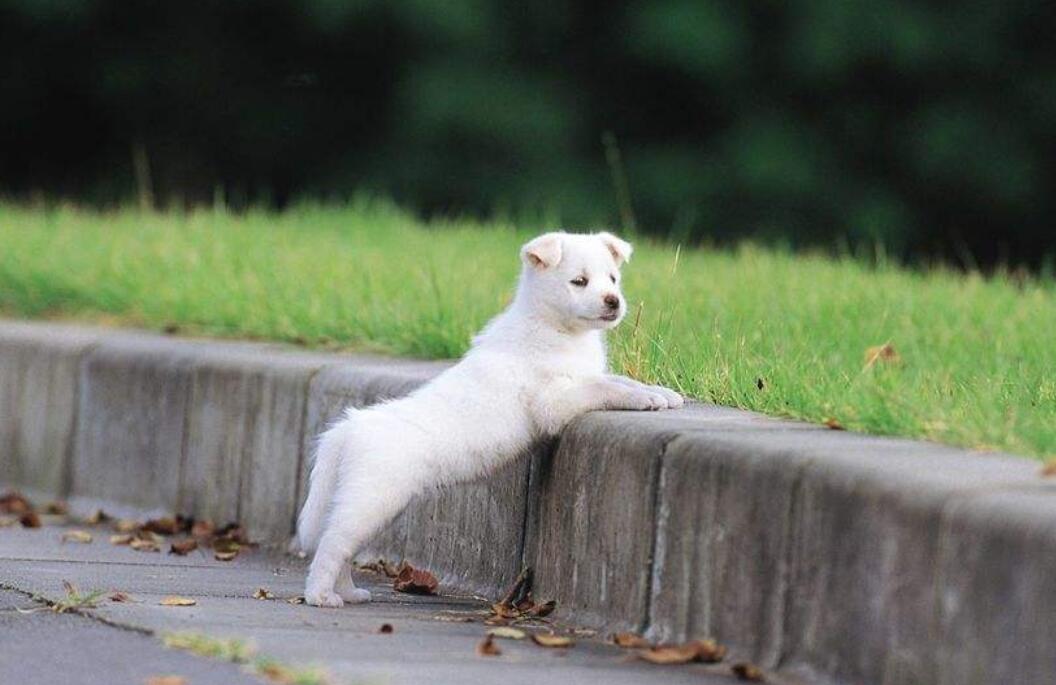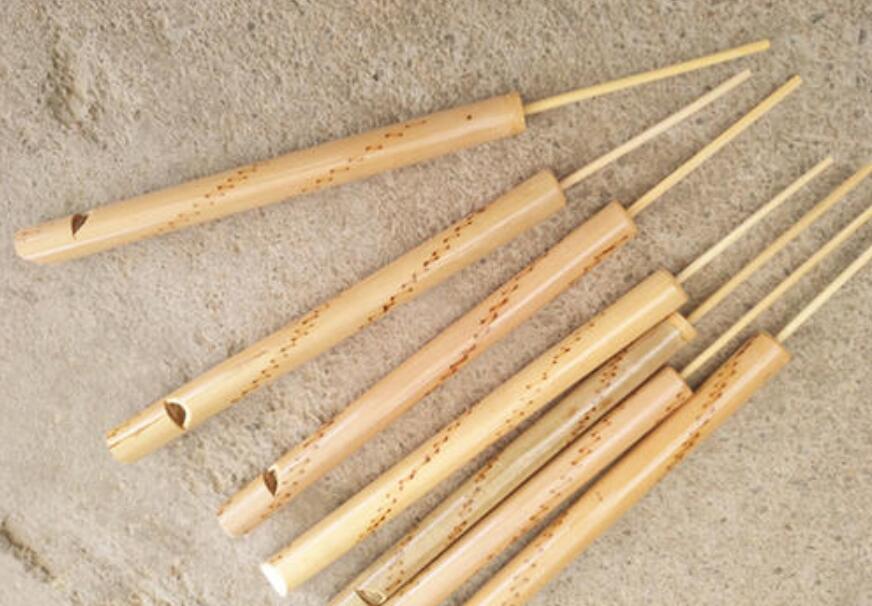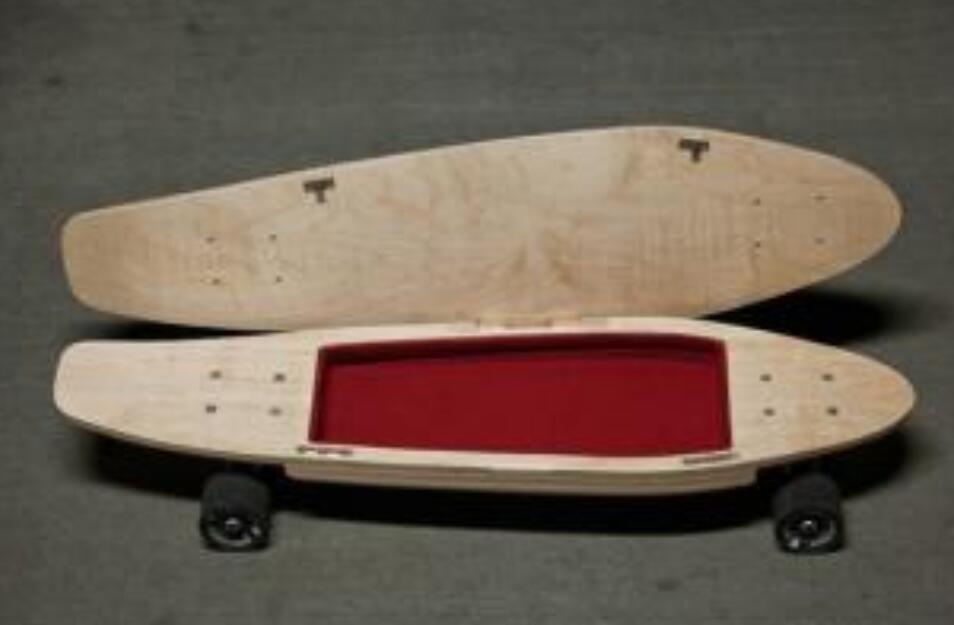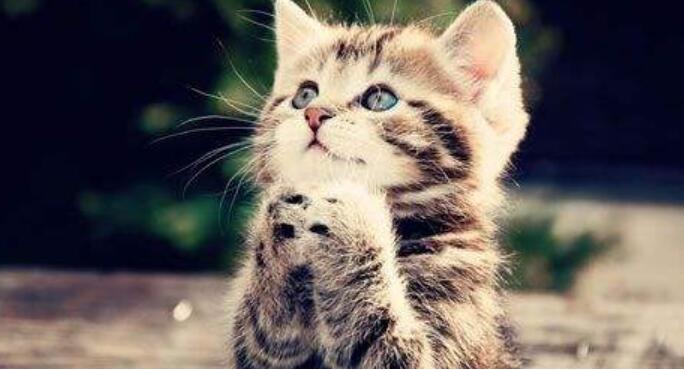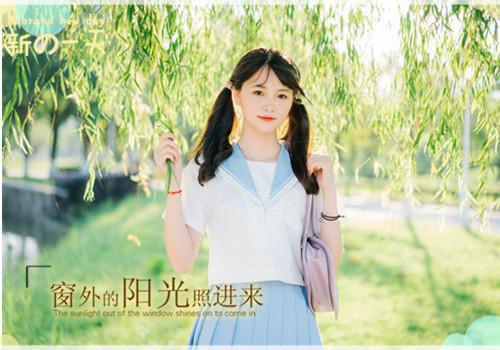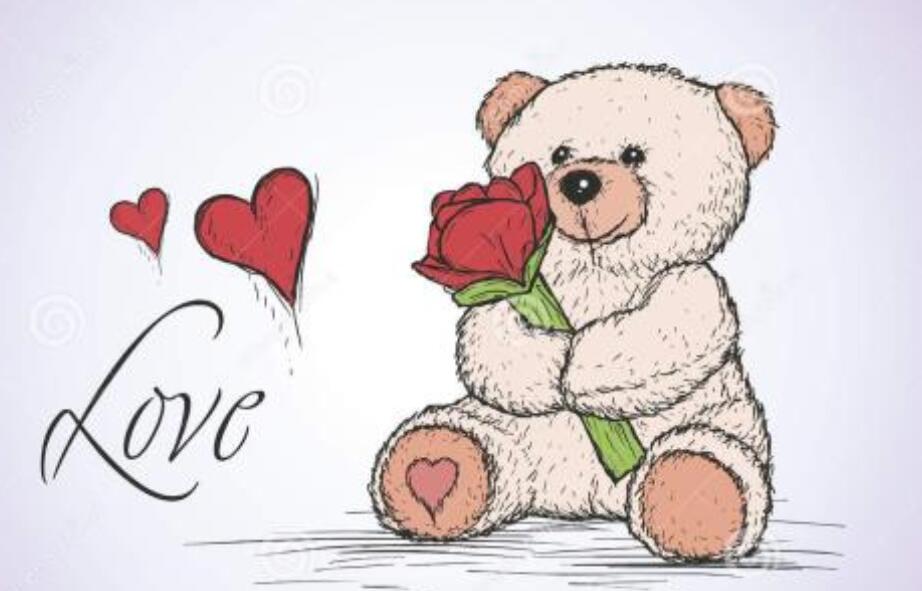节的:
Spring Festival ,known as the Chinese New Year, is the most important holiday in China.From late January to early February,Chinese people are busy preparing for the New Year.They clean their houses ,have their hair cut,and buy new clothes .Jiaozi or dumpling is most popular.To those who live far away from their home,this festival is also a framily reunion occasion.
And they often go back home to celebrate the festival with their family.The first day of the new year is the time when people visit their friends adn wish each other good luck in the new year.
春节,即中国人的新年,是中国最重要的节日。从一月末到二月初人们忙着为新年做准备。他们打扫房屋、理发和买新衣服。饺子是最受欢迎的。对那些远离家乡的人们,春节是一个合家团聚的时刻。他们经常回家和家人欢度春节。新年第一天人们访友并互祝新年好运。
清明节:
Its Chinese name "Qing Ming" literally means "Clear Brightness," hinting at its importance as a celebration of Spring. Similar to the spring festivals of other cultures, Tomb Sweeping Day celebrates the rebirth of nature, while marking the beginning of the planting season and other outdoor activities.
清明节,又叫踏青节,正是春光明媚草木吐绿的时节,也正是人们春游的好时候,所以古人有清明踏青,并开展一系列体育活动的的习俗。直到今天,清明节祭拜祖先,悼念已逝的亲人的习俗仍很盛行。
关于中国习俗的英语作文
春节的:
Spring Festival ,known as the Chinese New Year, is the most important holiday in China.From late January to early February,Chinese people are busy preparing for the New Year.They clean their houses ,have their hair cut,and buy new clothes .Jiaozi or dumpling is most popular.To those who live far away from their home,this festival is also a framily reunion occasion.
And they often go back home to celebrate the festival with their family.The first day of the new year is the time when people visit their friends adn wish each other good luck in the new year.
春节,即中国人的新年,是中国最重要的节日。从一月末到二月初人们忙着为新年做准备。他们打扫房屋、理发和买新衣服。饺子是最受欢迎的。对那些远离家乡的人们,春节是一个合家团聚的时刻。他们经常回家和家人欢度春节。新年第一天人们访友并互祝新年好运。
清明节:
Its Chinese name "Qing Ming" literally means "Clear Brightness," hinting at its importance as a celebration of Spring. Similar to the spring festivals of other cultures, Tomb Sweeping Day celebrates the rebirth of nature, while marking the beginning of the planting season and other outdoor activities.
清明节,又叫踏青节,正是春光明媚草木吐绿的时节,也正是人们春游的好时候,所以古人有清明踏青,并开展一系列体育活动的的习俗。直到今天,清明节祭拜祖先,悼念已逝的亲人的习俗仍很盛行。
中国传统文化的英语作文
Culture of China
The Culture of China is home to one of the world's oldest and most complex civilizations. China boasts a history rich in over 5,000 years of artistic, philosophical, political, and scientific advancement. Though regional differences provide a sense of diversity, commonalities in language and religion connect a culture distinguished by such significant contributions such as Confucianism and Taoism. Confucianism was the official philosophy throughout most of Imperial China's history and strongly influenced other countries in East Asia. Mastery of Confucian texts provided the primary criterion for entry into the imperial bureaucracy.
With the rise of Western economic and military power beginning in the mid-19th century, Western systems of social and political organization gained adherents in China. Some of these would-be reformers rejected China's cultural legacy, while others sought to combine the strengths of Chinese and Western cultures.
China is a unified nation consisting of many different ethnic groups. Fifty-six different ethnic groups make up the great Chinese national family. Because the Han people accounts for more than ninety percent of China's population, the remaining fifty-five groups are generally referred to as "ethnic minorities." Next to the majority Han, the Mongolian, Hui, Tibetan, and Uygur peoples comprise the largest ethnic groups. Although China's ethnic minorities do not account for a large portion of the population, they are distributed over a vast area, residing in every corner of China.
Particularly since the implementation of China's opening and reform policy, the central government has increased investment in minority areas and accelerated their opening to the outside world. This has resulted in an upsurge of economic development in these areas. Each of China's ethnic minority groups possesses a distinctive culture. The Chinese government respects minority customs, and works to preserve, study, and collate the cultural artifacts of China's ethnic minority groups. The government vigorously supports the development of minority culture and the training of minority cultural workers, and fosters the development of traditional minority medicine.
The relation among China's ethnic groups can be described as "overall integration, local concentration, mutual interaction." Concentrations of ethnic minorities reside within predominantly Han areas, and the Han people also reside in minority areas, indicating that there has been extensive exchanges among China's ethnic groups since ancient times. With the development of the market economy, interaction among ethnic groups has become even more active in the areas of government, economics, culture, daily life, and marriage. Linked by interdependence, mutual assistance, and joint development, their common goals and interests creating a deep sense of solidarity, China's ethnic groups resemble a great national family, together building Chinese civilization.
有关中国的风俗习惯的英语作文
The Chinese manners is differend from other countries .In China, people first meet to shake hands.When people eat,Besides soup, table all food use chopsticks.Certain foods can move chopsticks eyes.And sometimes the Chinese host use their chopsticks to put food in your bowl or plate. This is a sign of politeness. The appropriate thing to do would be to eat the whatever-it-is and say how yummy it is. If you feel uncomfortable with this, you can just say a polite thank you and leave the food there.
Don't tap on your bowl with your chopsticks.Beggars tap on their bowls, so this is not polite.Also, when the food is coming too slow in a restarant, people will tap their bowls. If you are in someone's home,it is like insulting the cook.
关于中国传统文化的英语作文
Culture of China
The Culture of China is home to one of the world's oldest and most complex civilizations. China boasts a history rich in over 5,000 years of artistic, philosophical, political, and scientific advancement. Though regional differences provide a sense of diversity, commonalities in language and religion connect a culture distinguished by such significant contributions such as Confucianism and Taoism. Confucianism was the official philosophy throughout most of Imperial China's history and strongly influenced other countries in East Asia. Mastery of Confucian texts provided the primary criterion for entry into the imperial bureaucracy.
With the rise of Western economic and military power beginning in the mid-19th century, Western systems of social and political organization gained adherents in China. Some of these would-be reformers rejected China's cultural legacy, while others sought to combine the strengths of Chinese and Western cultures.
China is a unified nation consisting of many different ethnic groups. Fifty-six different ethnic groups make up the great Chinese national family. Because the Han people accounts for more than ninety percent of China's population, the remaining fifty-five groups are generally referred to as "ethnic minorities." Next to the majority Han, the Mongolian, Hui, Tibetan, and Uygur peoples comprise the largest ethnic groups. Although China's ethnic minorities do not account for a large portion of the population, they are distributed over a vast area, residing in every corner of China.
Particularly since the implementation of China's opening and reform policy, the central government has increased investment in minority areas and accelerated their opening to the outside world. This has resulted in an upsurge of economic development in these areas. Each of China's ethnic minority groups possesses a distinctive culture. The Chinese government respects minority customs, and works to preserve, study, and collate the cultural artifacts of China's ethnic minority groups. The government vigorously supports the development of minority culture and the training of minority cultural workers, and fosters the development of traditional minority medicine.
The relation among China's ethnic groups can be described as "overall integration, local concentration, mutual interaction." Concentrations of ethnic minorities reside within predominantly Han areas, and the Han people also reside in minority areas, indicating that there has been extensive exchanges among China's ethnic groups since ancient times. With the development of the market economy, interaction among ethnic groups has become even more active in the areas of government, economics, culture, daily life, and marriage. Linked by interdependence, mutual assistance, and joint development, their common goals and interests creating a deep sense of solidarity, China's ethnic groups resemble a great national family, together building Chinese civilization.
关于中国做客风俗习惯的英语作文 快我在线等
The Han Nationality -- on New Year's day, people don't sweep the floor, not outward splashing water, do not go back, not to abuse their children, each new year auspicious wealth, good luck in everything. Manchu -- almost every year, the yard, posted bars, couplet and character. In thirty, the families with more than six meters high lantern rod, from the first to the sixteen day, red lanterns hanging high. Year thirty dumplings, exquisite pleat is good, when boiled dumplings, some in edge packet on coins, have to have good luck. The Spring Festival to worship two times, year thirty at a time, for speech; early repeated worship a, for the Chinese New year. Before the Spring Festival also held a vault jump camel race. The fifteen has a lantern. Korean -- each and every family couplets, do all kinds of rich food, eat" eight treasures rice", new year's Eve family stay up all through the night, playing the Gaya piano, flute blowing. The first day people wear festive costumes to seniors. During the festival, people of all ages and both sexes dance, pressure pad, a tug of war. The night of the fifteen traditional celebration held rallies, by being elected several elders, aboard the wooden "Moon", accompanied by drums, drum Xiao suona, now singing, now dancing. The Oroqen nationality -- New Year's Eve, the family sat around, have dinner. Products Shanzhen, drink wine, eat dinner. Young people to the family and close relatives of elderly salute, kowtow. At midnight, people holding the birch bark boxes or metal around the stables laps, praying for the domestic animals are all thriving. First, the New Year greetings to each other. Young men and women gather together around the collective dance. Hunting dance, dance" red"," Black Bears Fighting" dance. The Hezhen nationality -- New Year's Eve, everyone is busy making dinner, cut the grilles, paste lantern. The first day, girls, women and children wear new clothes embroidered with cloud edge, to the family house," the fish" to entertain guests. Hot and sour flavor of raw fish, with a fragrant crisp" fried fish and salmon roe.". Folk poet to the people, telling a story. Women play", " roll the bones fumble."". The youngsters are skiing, skating, a grass grass ball games such as target, fork. Mongolia family -- even to eat dumplings, set off firecrackers and Han nationality with. In addition, new year's Eve to eat" meat hand", as a family reunion. The first morning junior elders." Cisui wine", then young men and women cross shuttle horses, ride string Mongolia package, to give the elders he wishes, then drinking and dancing, then the string bags men and women also used the opportunity to court row of horse racing. Naxi -- the new year people are visiting, take turns to guest, in young men organization Lantern Festival, and with other village competition. City, country do Lantern Festival lantern show is the national story: such as" a"," new plum laughing Old God of longevity"," put the deer Drama Night pearl"," Lion"," rolling ball Huang dance". Tibetan -- New Year's Eve, held a grand" jump God", people wear the mask has now singing, now dancing, to show the old and welcome, Quxie blessing. During the Spring Festival of Yi -- assembly jump" A'xi dancing under the moon", some village year water cooked by men bear, allowing women to rest, and on their fatigue year sympathy. The Miao Nationality -- spring festival called " Hakka", each and every family butcher sheep, roasted liquor cake harvest celebration hope for good weather, produce good harvests. Will sing" Spring Song", the lyrics for Turkey, hope spring, spring, such as over spring roll. Bai Bai people -- from New Year's Eve mutual worship, gifts articles. New year's Eve vigil at the age of. After midnight, the young men and women to carry water, as a hard-working. Early in the morning, the family drink bubble rice flower syrup, to bless the day sweet. You or go sightseeing places of historic interest and scenic beauty, or playing the dragon, lion dance, play rattle. Zhuang -- thirty years in the evening, every fire to light a fire, night out, called the "new fire". Folk custom the Spring Festival dumplings. During the festival will organize rich and colorful ethnic cultural activities celebrating, singing "tea", the Lion Dance Dragon Dance Pole Dance, play, a gong, playing top, game, playing local opera. The first day -- Take candles to the edge of the well fire worship, called" buy new water", Tibetan women's day just before dawn from the river back to the" auspicious water". Think the new water can bring the gospel and good luck, can guarantee a year auspicious. Dongxiang Nationality -- like in Spring Festival period hits Earth to battle, to raise their love of the land. Qiang -- every household to do all kinds of fried flour calf, lamb, chicken and other offerings, to worship their ancestors and gods, I want to drink the ZA wine, everyone sitting around the altar, from longest to sing" word" then begins, with about two feet long straw from left to right, followed by his drink. The first day of the first month --, other happy new year, especially for their elders and relatives must be on New Year's day to kowtow. In the new years day night men and women, old and young, set in a larger house enjoy happy, generally by older people called for an evening of entertainment, by women, first began to dance or sing, then Unisex everybody dance. The Daur Nationality -- the first day of the first month, day, women prepare for breakfast, the man burn incense and worship worship worship gods day, pray for God and the God of grace Taiping harvest, after God worship, their elders to toast to accept old message. Eating dumplings, wearing new clothes, consanguineous men gathered together by the elders, old leadership, according to seniority or carry out a variety of recreational activities. Hani -- New Year's Eve women busy as follows, man mountain cut bamboo, a swing frame. Regardless of people of all ages and both sexes, the Spring Festival is like a swing. The Buyi people -- New Year's Eve, the whole family sitting in the fire by night, to. New year's day dawn, girls will fall over each other to the river to carry water, who is the first to carry back carry water, who is the most hard-working the most happy people, this year. The Yao Nationality -- during the festival, people gather together to watch funny, chic" farming scene". A person as cattle, a man act plow farmer, a man act expanded hoe farmer, three people dances while singing, said Renqing agricultural bumper harvest; young men and women are gathered in the villages around the lawn, blowing the Lusheng, playing the banjo, singing folk songs, looking for a man. The Jingpo nationality --" targeting" contest held during the spring festival. Day morning, people are flocking to the game, the girls put their Embroidered Purse hanging on the top of a pole, the shooter shot sling purse thread count sharpshooter, the girls will be awarded a sharpshooter a bowl of sweet rice wine. The Lahu family -- every year to fifteen, Yunnan is the Lahu family "expands the tower section ( Lahu language for the Spring Festival." ). New year's Eve, every household to do as a symbol of the sun, the moon and the stars in the glutinous rice cake, moon stars Gala, hope in the new year good weather for the crops, produce good harvests. Day to day, young men and women fall over each other to greet the spring, symbol of purity, happy new water, at first for quick. At the same time, with gifts, Zoucunchuanzhai visited ask friend in person.
汉族——大年初一,人们不扫地,不向外泼水,不走後门,不打骂孩子、相互祝贺新年吉祥富贵,万事如意。 满族——年节将近时,家家打扫庭院,贴窗花、对联和福字。腊月三十,家家竖起六米多高的灯笼杆,从初一到十六,天天红灯高挂。年三十包饺子,讲究褶子多为好,子时煮饺子,有的裏边包上铜钱,吃到者有好运。春节要拜二次,年三十晚上一次,为辞旧岁;年初一再拜一次,为迎新春。春节前还要举行跳马跳骆驼等比赛。正月十五还有闹灯会。 朝鲜族——家家户户贴春联,做各式丰盛饭菜,吃“八宝饭”,除夕全家守岁通宵达旦,弹伽倻琴,吹洞箫。初一天亮人们穿上节日的盛装给长辈拜年。节日期间,男女老少纵情歌舞,压跳板、拔河。正月十五夜晚举行传统的庆祝集会,由被推选出来的几位老人,登上木制的“望月架”,伴著长鼓,筒箫、唢呐载歌载舞。 鄂伦春族——除夕,全家围坐,共进晚餐。品山珍,喝美酒,吃年饭。青年人给家族及近亲长者敬礼,叩头请安。午夜,人们捧著桦树皮盒或铁盒绕马厩数圈,祈祝六畜兴旺。初一,著新装互相拜年请安。青年男女聚在一起跳转圈集体舞。有打猎舞,“红果”舞,“黑熊搏斗”舞等。 赫哲族——除夕,大家忙著做年饭,剪窗花,糊灯笼。初一,姑娘、妇女和孩子们穿上绣有云边的新装,去亲朋家拜年,用“鱼宴”款待客人。有酸辣风味生鱼、用味香酥脆的“炒鱼毛”和大马哈鱼籽。民间诗人向人们献诗、讲故事。妇女们玩“摸瞎糊”、“掷骨头”。青少年则进行滑雪、滑冰、射草靶、叉草球等比赛。 蒙古族——五更吃饺子、放鞭炮与汉族同。此外,除夕要吃“手把肉”,以示阖家团圆。初一淩晨晚辈向长辈敬“辞岁酒”,然後青年男女跨上梭马,骑串蒙古包,先给长辈们叩头祝愿,接著喝酒跳舞,随後串包男女还利用这一机会廷行赛马比赛。 纳西族——正月新春人们互相访亲拜友,轮流做客,中青年男子组织灯会,并与别村竞赛。城市、乡村都办灯会 灯会节目演的是本民族故事:如《阿纽梅说笑》、《老寿星放鹿》、《社戏夜明珠》、《狮子滚绣球》、《凰舞》等。 藏族——除夕之夜,举行盛大的“跳神会”,人们戴上假面具载歌载舞,以示除旧迎新,祛邪降福。 彝族——春节期间集会跳“阿细跳月”,有些村寨年初一取水做饭都由男子承担,让妇女休息,以而对她们劳累一年的慰问。 苗族——把春节称作“客家年”,家家户户杀猪宰羊,烤酒打粑庆丰收希望来年风调雨顺,五谷丰登。还要唱《开春歌》、歌词大意为思春、盼春、惜春、挽春等。 白族——白族人民从除夕开始互拜、赠送礼品。除夕岁守夜。子夜过后,男女青年争先挑水,以示勤劳。清晨,全家喝泡有米花的糖水,以祝福日子甜美。大家或结伴游览名胜古迹,或耍龙灯,舞狮子,打霸王鞭。 壮族——年三十晚上,家家的火塘上要燃起大火,终夜不熄,叫做“迎新火”。民间习惯包粽子过春节。节日期间还要组织丰富多彩的民族文体活动庆祝,唱“采茶”、舞狮龙、跳打扁担舞、闹锣、打陀螺、赛球、演地方戏等。 京族——初一要拿上香烛到井边烧拜,叫“买新水”,藏族妇女初一的天不亮就要从河裏背回“吉祥水”。认为初一的新水可以带来福音和好运,能保一年的吉利。 东乡族——喜欢在春节期间打土仗,以示对养育自己的土地的热爱之情。 羌族——每家每户要做各种油炸面粉小牛、小羊、小鸡等祭品,用以祭祀祖先和天神,过年要喝咂酒,大家围坛而坐,由最长者唱《开坛词》,然後用约二尺多长的麦管从左至右,依次咂饮。 鄂温克族——正月初一,互相拜年,特别是对自己的长辈和亲戚必须在初一那天去磕头拜年。在年初一晚上,男女老幼集合在一个较大的房子裏尽情地快乐,一般都由老年人召集这个娱乐晚会,由妇女们先开始跳或唱,接著不分男女大家都跳起舞来。 达斡尔族——正月初一,天亮起来,妇女准备早餐,男人烧香拜天拜地拜诸神位,祈求天神及神恩赐太平丰年,拜完神,向长辈敬酒叩头接受老人的祝词。吃完水饺,穿起新衣服,近亲男女聚集在一起,由长辈年老者带领,按辈份高低进行各种娱乐活动。 哈尼族——除夕妇女忙著做糍粑,小伙子上山砍竹子,搭秋千架。不论男女老少,春节里都喜欢荡秋千。 布依族——除夕夜,全家人围坐在火塘旁,整夜守岁。大年初一天刚亮,姑娘们便争先恐後奔向河边去挑水,谁最先挑回头担水,谁就是最勤劳最幸福的人,也以此预兆丰年。 瑶族——节日期间,人们聚在一起,观看风趣别致的“耕作戏”。一人扮牛,一人扮扶犁农夫,一人扮扩锄农民,三人边舞边歌,表示庆农业丰收;青年男女则聚在村寨四周草坪上,吹芦笙,弹月琴,唱山歌,寻找意中人。 景颇族——春节期间举行“打靶”比赛。初一早晨,人们纷纷聚到赛场上,姑娘们把自己绣的荷包挂在竹竿顶端,射手射中吊荷包的细线算神枪手,姑娘们便奖给神枪手一碗香甜的米酒。 拉祜族——每年农历正月初一至十五,是云南拉祜族的“扩塔”节(拉祜语为春节)。除夕,每家每户要做象徵太阳、月亮和星星的糯米粑,祭日月星辰,盼望在新一年裏风调雨顺,五谷丰登。初一至初四,青年男女争先恐後跑到泉边,迎接象徵纯洁、幸福的新水,以先得为快。同时,带著礼品走村串寨、访亲问友。
译文;
转载请注明出处作文大全网 » 中国的风俗英语作文 介绍中国风俗习惯的英语作文怎么写

